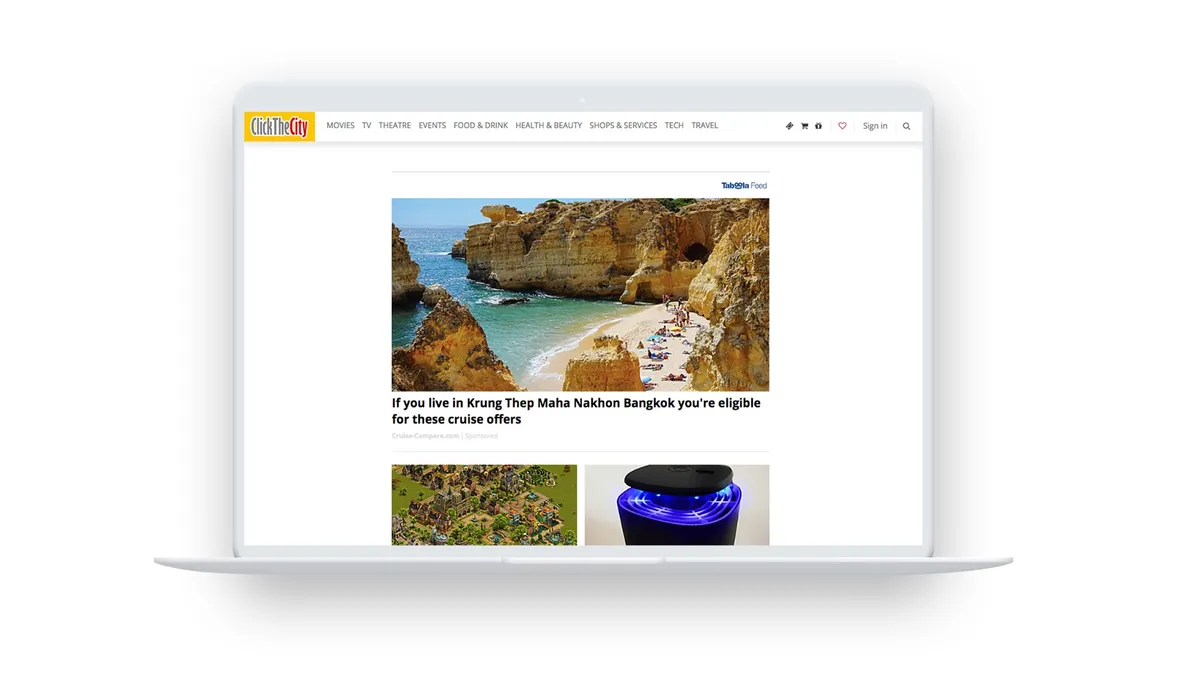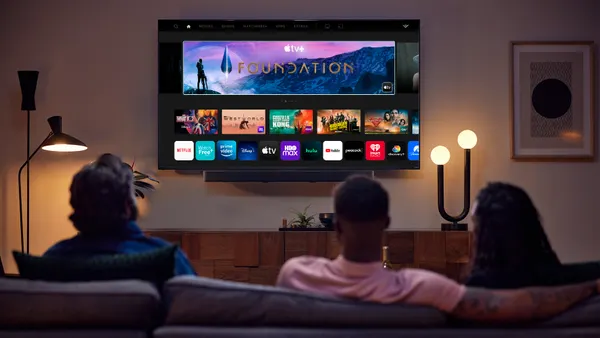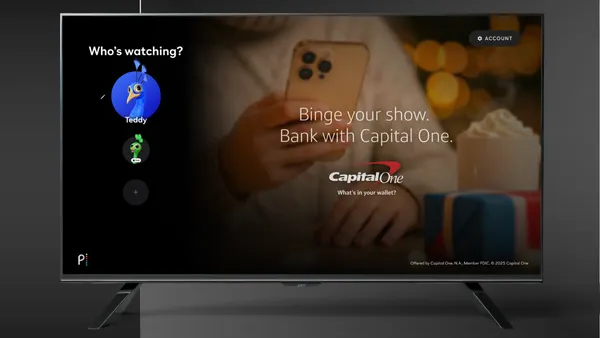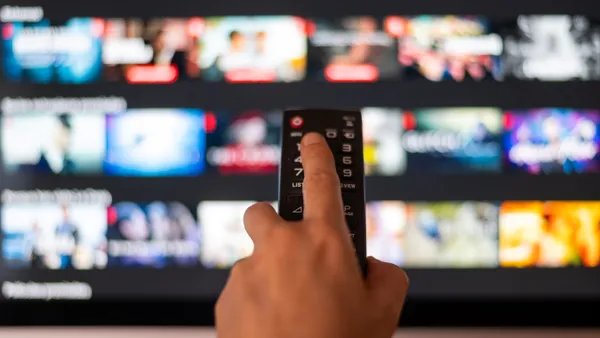Dive Brief:
- Taboola and Outbrain have called off plans for a $850 million merger after nearly a year of negotiations, according to multiple media reports. The news was first reported in the Israeli press and confirmed by both companies to TechCrunch.
- Together, the ad-tech firms looked to create meaningful competition to platforms like Google and Facebook. A combined entity, which would have kept the Taboola name, commanded an estimated $2 billion valuation, per TechCrunch.
- Several factors resulted in the deal's collapse, including Taboola maneuvering to pay less than half of the price agreed upon last year, a source close to the matter told CNBC. The falling out reinforces the difficulties in assembling a digital advertising business that can rival Big Tech.
Dive Insight:
Taboola and Outbrain together were unlikely to topple the dominance of Google and Facebook, but their failed merger reinforces the myriad complications in establishing a new digital advertising entity that can match the power of the duopoly. The companies, which place "clickbait" articles on publisher sites via widgets and offer native advertising products, still would have been able to offer impressive scale, with an estimated combined audience reach of 2 billion users per month.
Media reports indicate that a variety of obstacles prevented the merger, announced last October, from coming to fruition. The two companies had a long road to even making their plans official, according to TechCrunch, and first held discussions back in 2015. Antitrust considerations factored into the equation, as the deal faced scrutiny from regulators in both the U.K. and Israel, CNBC said.
The pandemic has further complicated matters, delivering a blow to the digital advertising sector that has impacted some companies more harshly than others. CNBC indicates that Taboola, which has performed better this year, pushed to change terms of the deal in its favor, resulting in a failure to reach an agreement.
While digital advertising hasn't been free from headwinds related to the health crisis, it is faring better than traditional media. Digital advertising spend is forecast to grow 6% in the U.S. this year, contrasting sharply with an 8% decline for the broader ad market, according to a recent survey of executives conducted by the Interactive Advertising Bureau.
But even those growth figures pale in comparison to recent years, and the effect of a broader economic slowdown is eating into larger players' bottom lines. Google's total advertising revenue fell 8% to $29.9 billion in the second quarter, marking the first time in the search giant's 26-year history that its ad revenue declined from the prior year.
Several ad-tech companies are still vying to build a business that can take on the duopoly. The Trade Desk, which specializes in programmatic advertising, has ramped up its efforts on this front, and in February launched the rare consumer-facing ad campaign in the category. Messaging centered on the limitations of walled gardens and emphasized the importance of an open internet.














